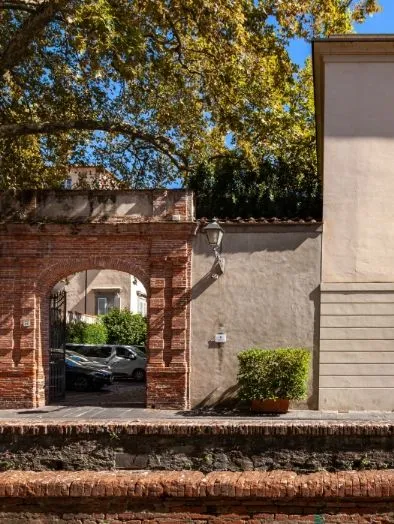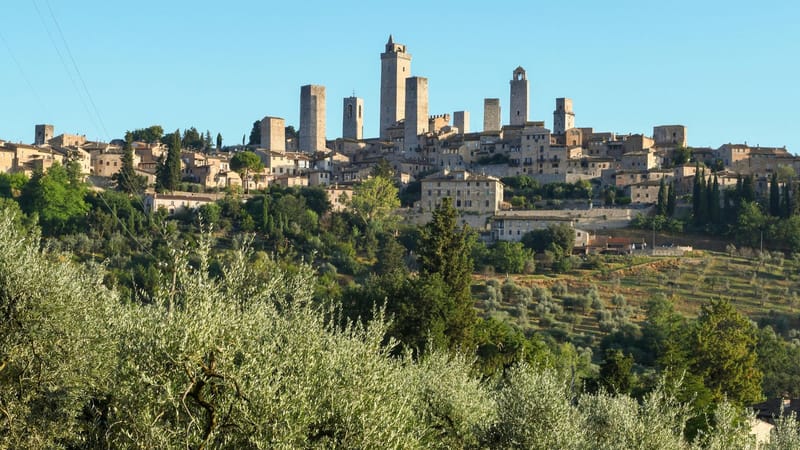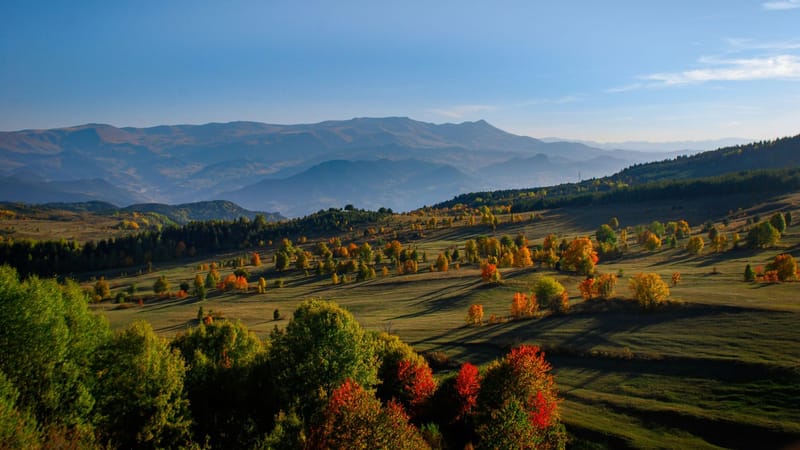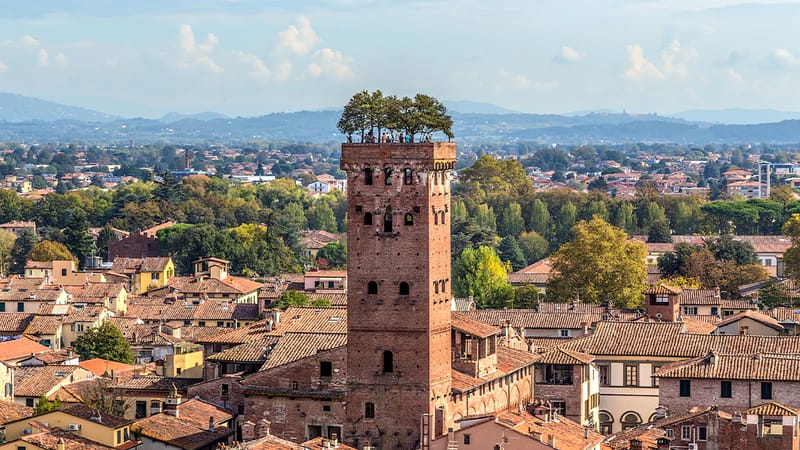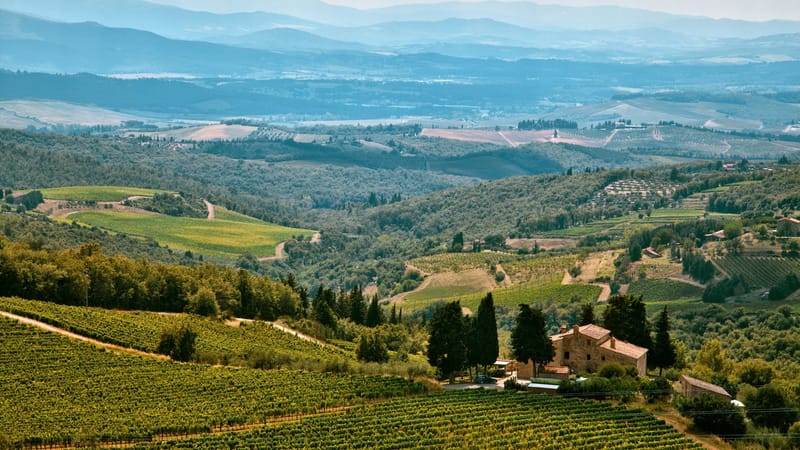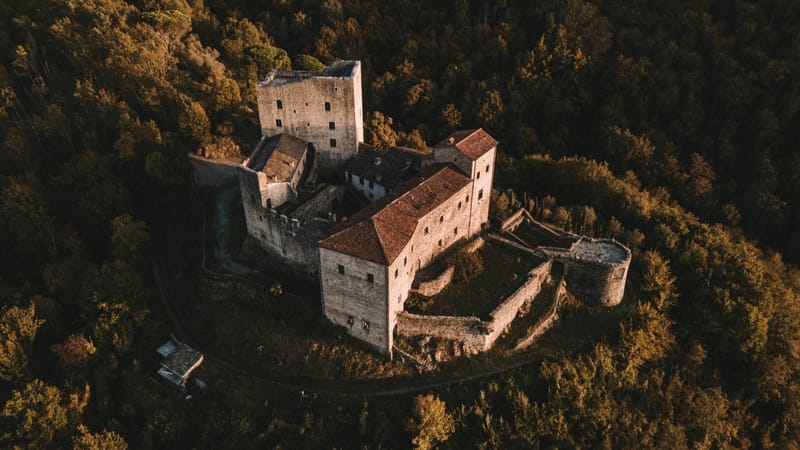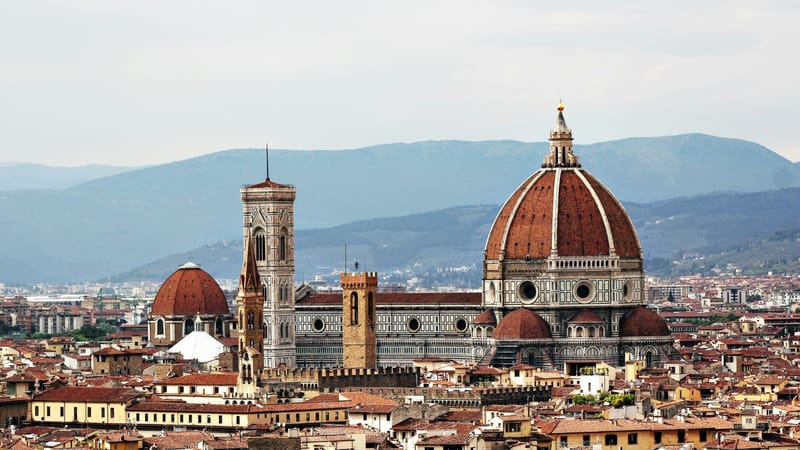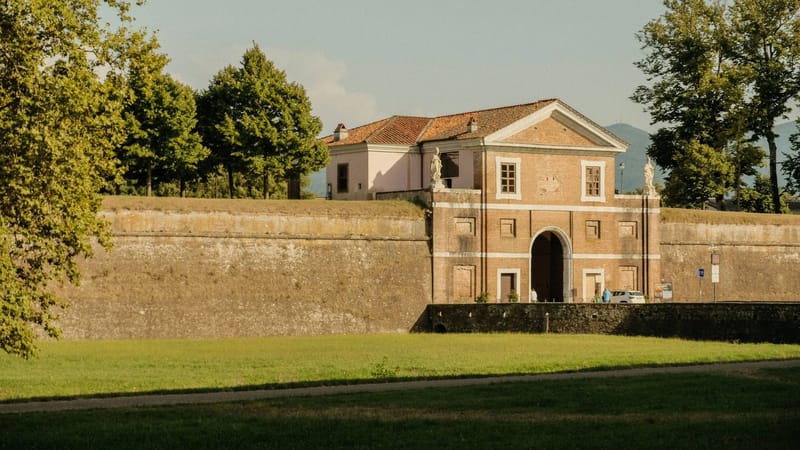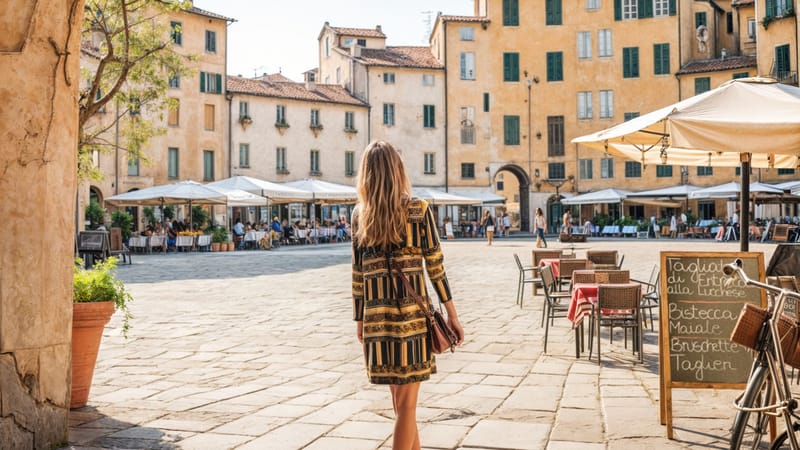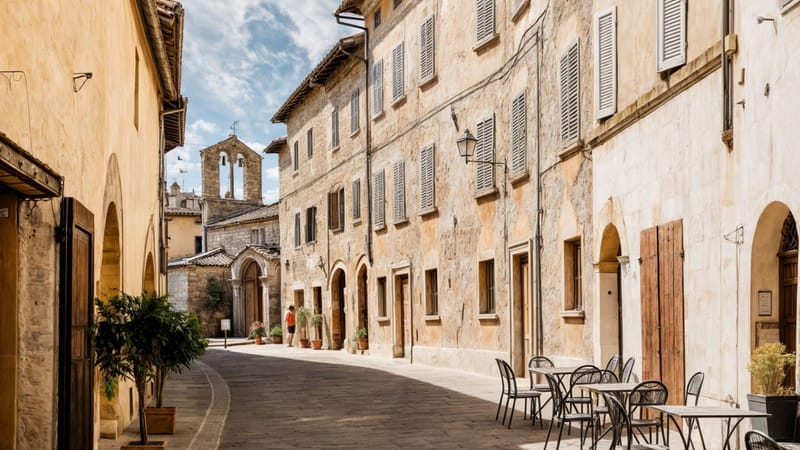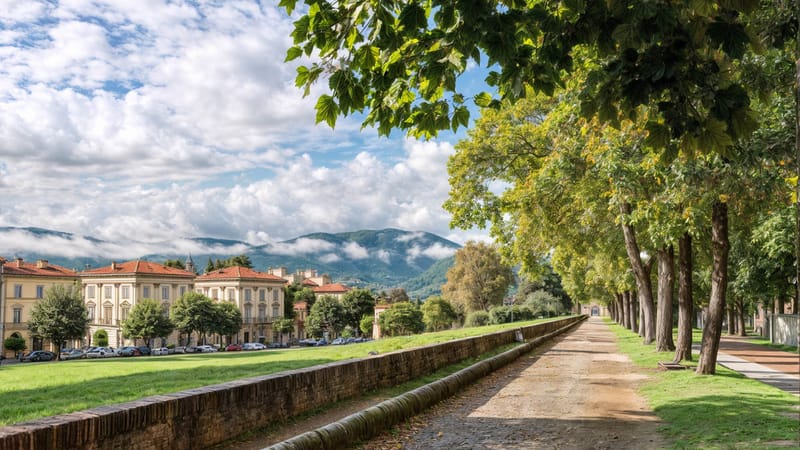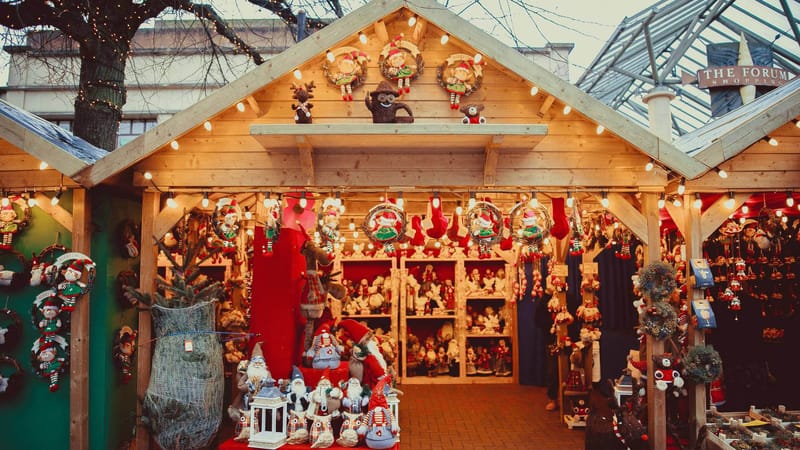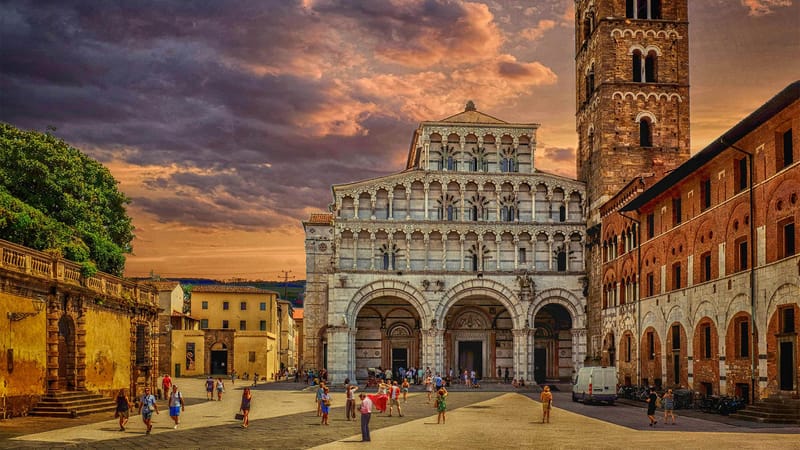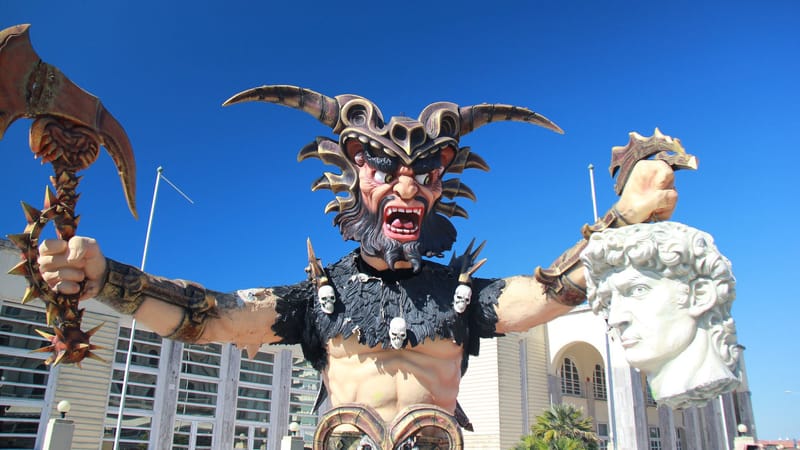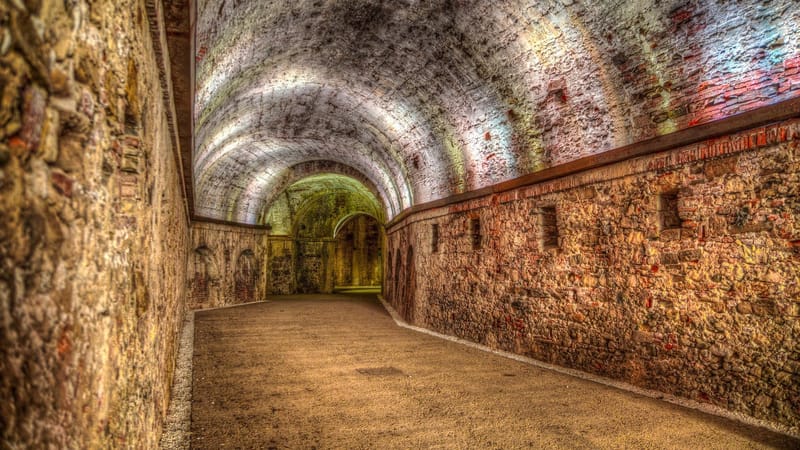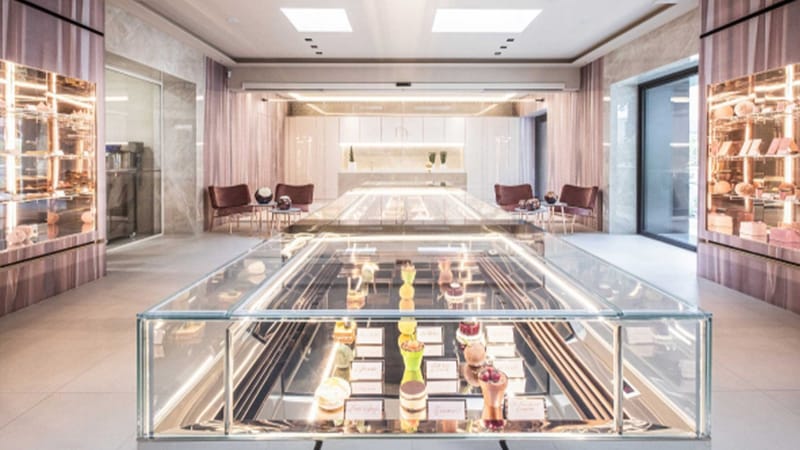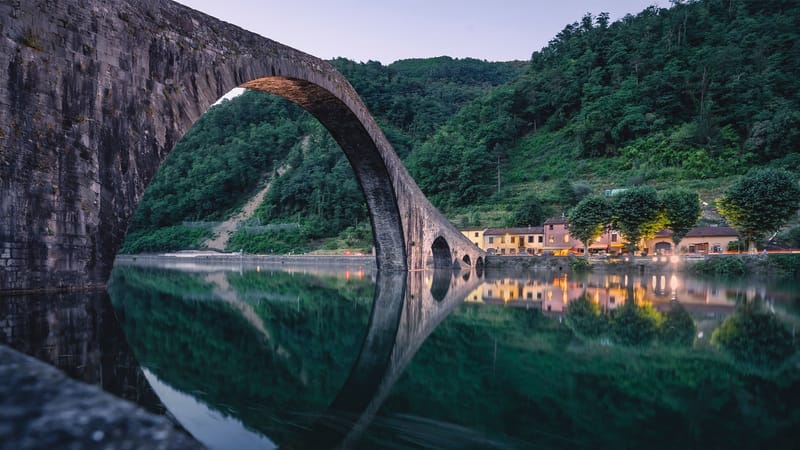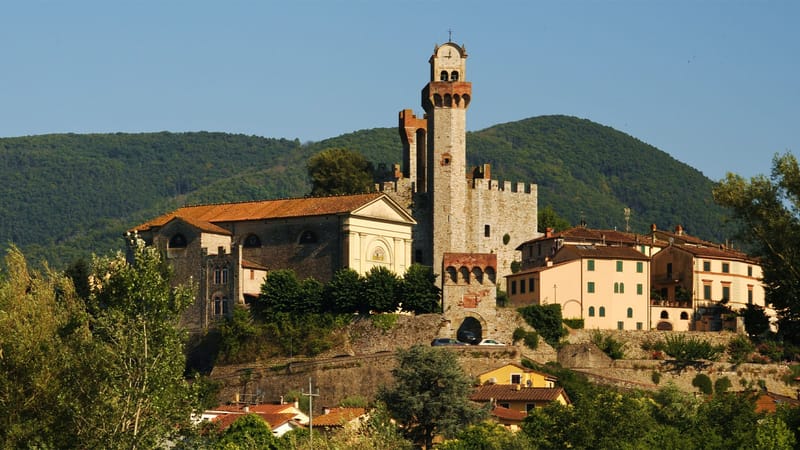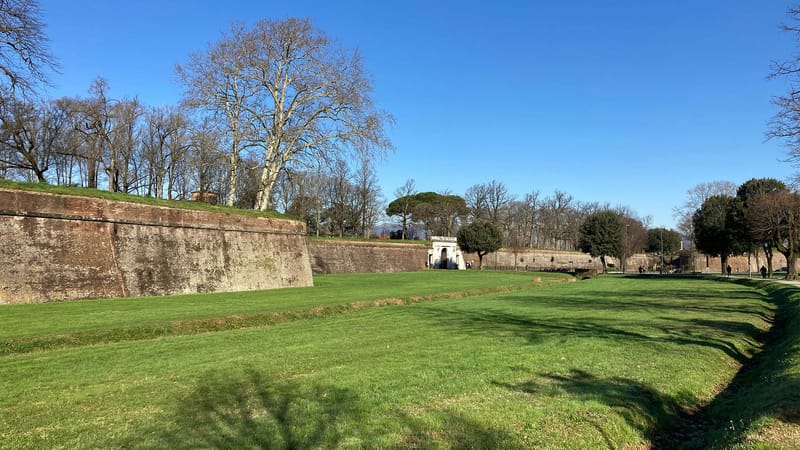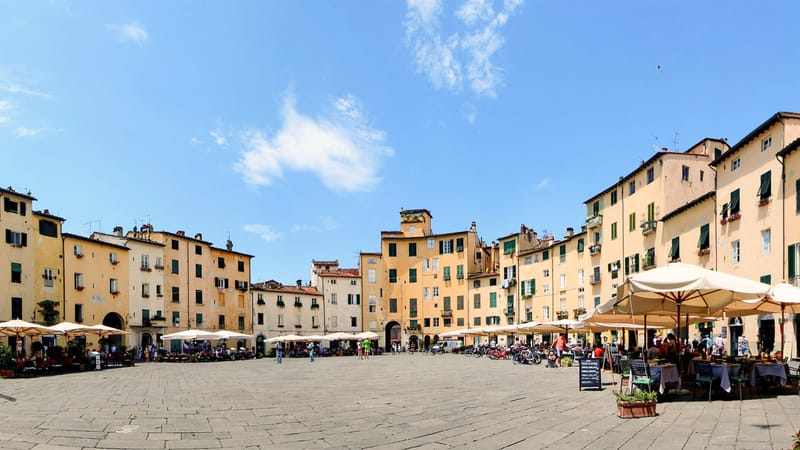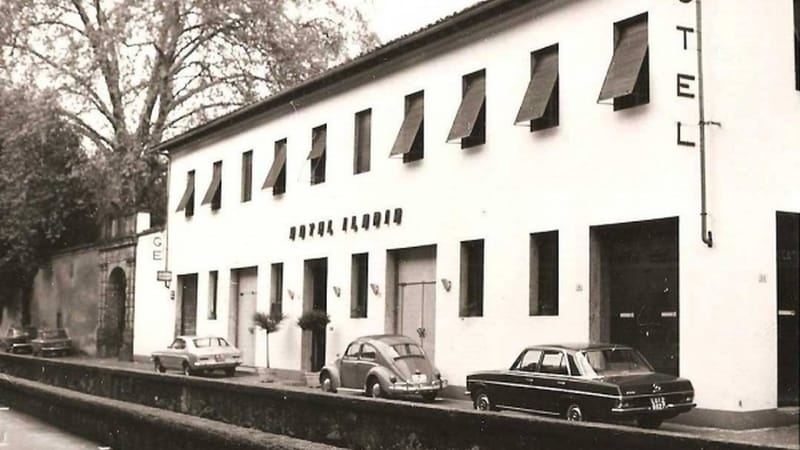
Book your stay in Lucca
4 not to be missed places to explore the Tuscany of Giacomo Puccini
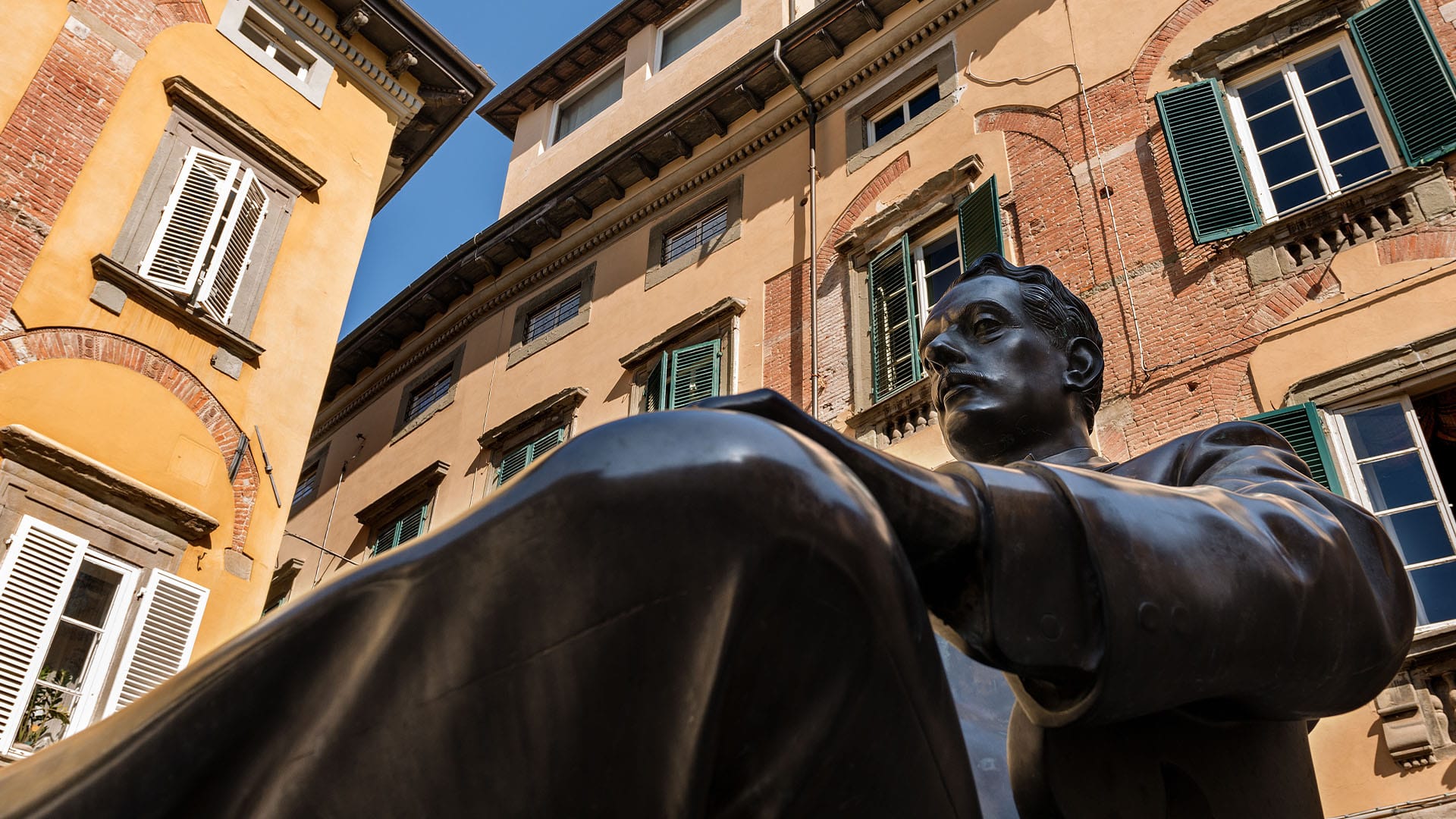
The city of Lucca, the Versilia and Garfagnana areas are beloved places of the life of Giacomo Puccini, one of the greatest Italian composers in the world.
His love for these destinations was a returned love: in fact, Torre del Lago in Versilia took its name, becoming Torre del Lago Puccini.
If you plan to stay in Lucca for a few days, we want to suggest you an unusual and curious itinerary along the footsteps of Giacomo Puccini, perhaps accompanied by the notes of the Butterfly, the Bohème or the Tosca.
1 - Giacomo Puccini Native House Museum - Lucca
Our journey to discover Puccini begins right here, in Lucca, at the Museo Casa Natale of Giacomo Puccini: the native house where the artist spent his childhood and his youthful years.
Coming here is like diving in the past, in the everyday life of the composer: the exhibition winds along the rooms of the house, furnished as in the Nineteenth Century. The living room, the music room, the attic overlooking the roofs of Lucca that inspired the Parisian setting of the Bohème, the library where you can see many memorabilia of Puccini's life and shows, like the original costume of the first Turandot.
Ticket address: Piazza Cittadella, 5 - 55100 Lucca
ph: (+39) 0583 584028
email: info@puccinimuseum.it
ticket: € 7.00 full price
http://www.puccinimuseum.org
2 - Villa Puccini Museum - Torre del Lago
Giacomo Puccini talked about Torre del Lago as a place of supreme happiness and a heaven on earth, with only 12 houses and 120 inhabitants. Here, in front of the quiet Lake of Massaciuccoli, Puccini founded his ideal life.
His villa built right in front of the lake today is a Museum, property of the Puccini family. Aafter a major restoration, finally you can visit all the rooms of the house. The large bedroom of Giacomo and his wife Elvira, it’s just like it was in 1905, with the green textiles covered furniture inspired by the nature around the lake, just as the composer requested it.
A true treasure chest full of life experiences: the piano where he used to compose, his worn shoes, the hunting trophies and the marks left on the garden by the running tires of his many cars.
Address: viale G. Puccini, 266 - 55049 Torre del Lago, Lucca
ph. 0584 341445
e-mail: villamuseo@giacomopuccini.it
ticket: € 7.00 full price
http://www.giacomopuccini.it/
3 - Gran Café Margherita - Viareggio
Puccini was a viveur, a lover of luxury and entertainment. In Viareggio, where he settled in 1919, he spent most of his spare time in the Caffè Margherita, a splendid art nuveau café facing the sea on the Viareggio promenade. After his long nights spent working on the Turandot, Puccini reached the Margherita on his Fiat 501 and spent a few hours relaxing with his artist friends, sipping drinks and talking about art.
Today it is still worth visiting this wonderful monument of liberty: stop for a drink as the composer did, perhaps right at his table, marked by a commemorative plaque.
Address: Viale Margherita 30, 55049 Viareggio LU
ph: 0584 581143
http://www.ristorantemargherita.info/
4 - House Museum - Celle di Puccini
Puccini was very close to his grandfather Giacomo, from Celle, a district of Pescaglia in Garfagnana, where he spent many happy summers. Puccini could have never imagined that in 1971 that village would have changed its name to Celle di Puccini in his honor.
So in 1976 the sixteenth-century house that housed Giacomo and his family during the childhood years became a third Puccini Museum. Here you can find many relics of the composer, from the bed where he was born, his first cradle and the dress of his baptism.
Addresses: Via Meletoli, Celle dei Puccini - Pescaglia (Lucca)
ph. +39 0583467855
Visits by reservation
